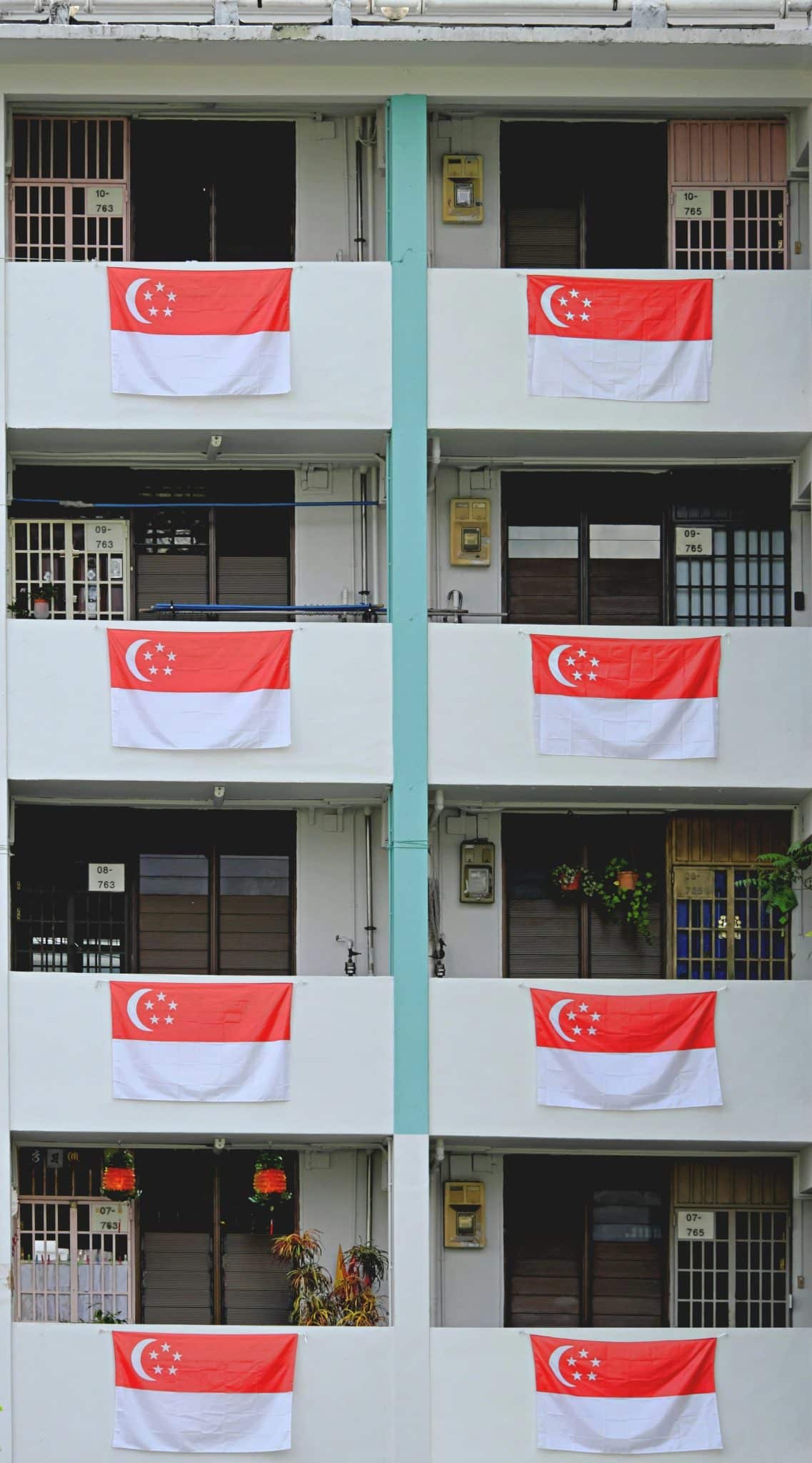“Will you go where no one wants to go?”: Refugee non-profit Habibi sets up base in S’pore to mobilise churches to the Middle East
by Gracia Lee // August 2, 2021, 4:21 pm
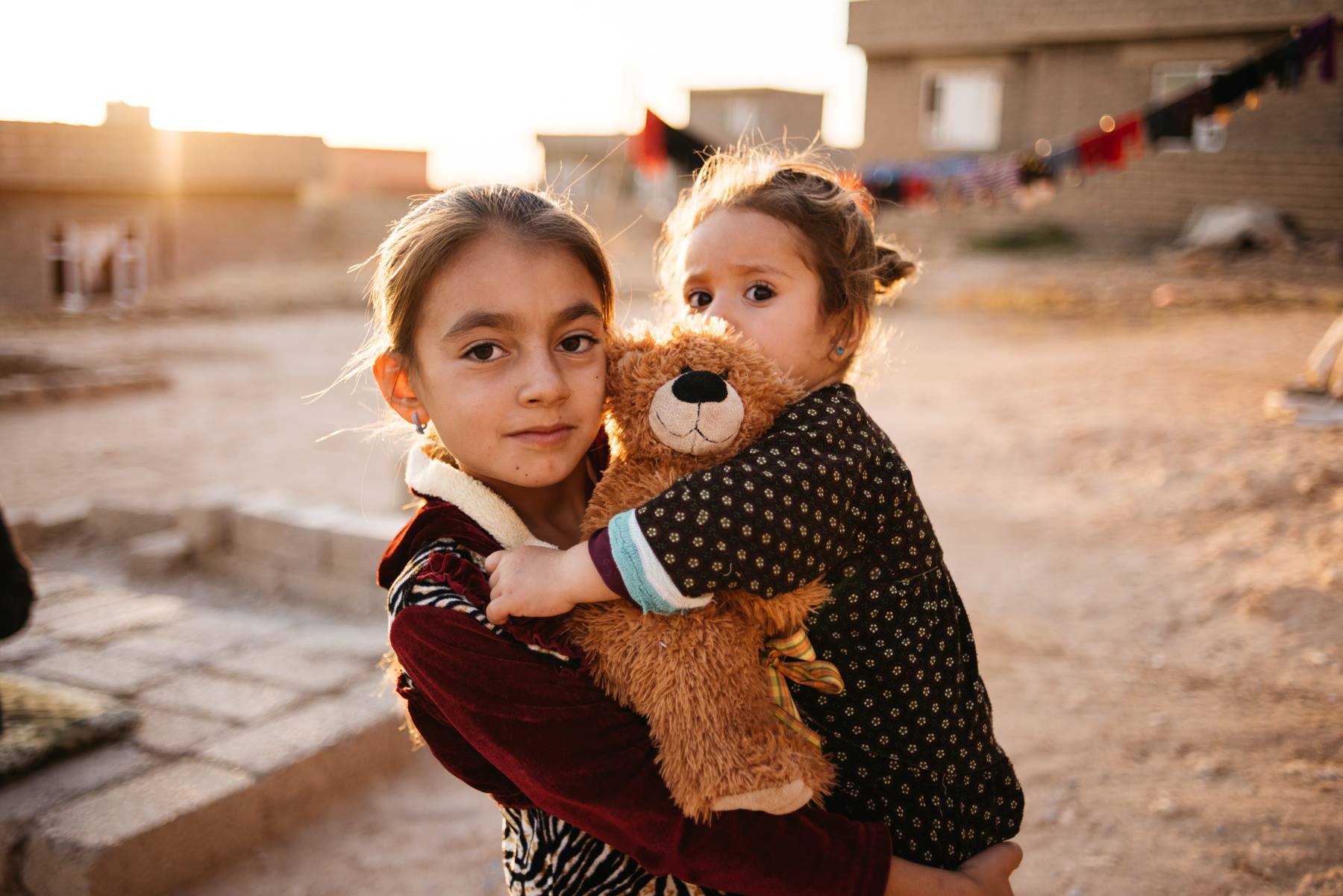
Calling Singapore an Antioch of Asia, Willy Tan noted that while Singapore has been sending workers out into various regions in Asia, there has been “little focus” in the Middle East – something he hopes will now change with the launch of Habibi Singapore. Photos courtesy of Habibi International.
When Willy Tan began serving Yazidi refugees in Turkey six years ago, he had whispered a passing prayer.
“Lord, wouldn’t it be nice if churches in Singapore can also respond to this crisis?” wondered Willy, 55, who grew up in Singapore but moved to the United States when he was 20.
The crisis was the displacement of some 500,000 Yazidis, a minority group in the Middle East, after the Islamic State of Iraq and the Levant (ISIL) carried out against them what the United Nations (UN) has since recognised as a genocide.
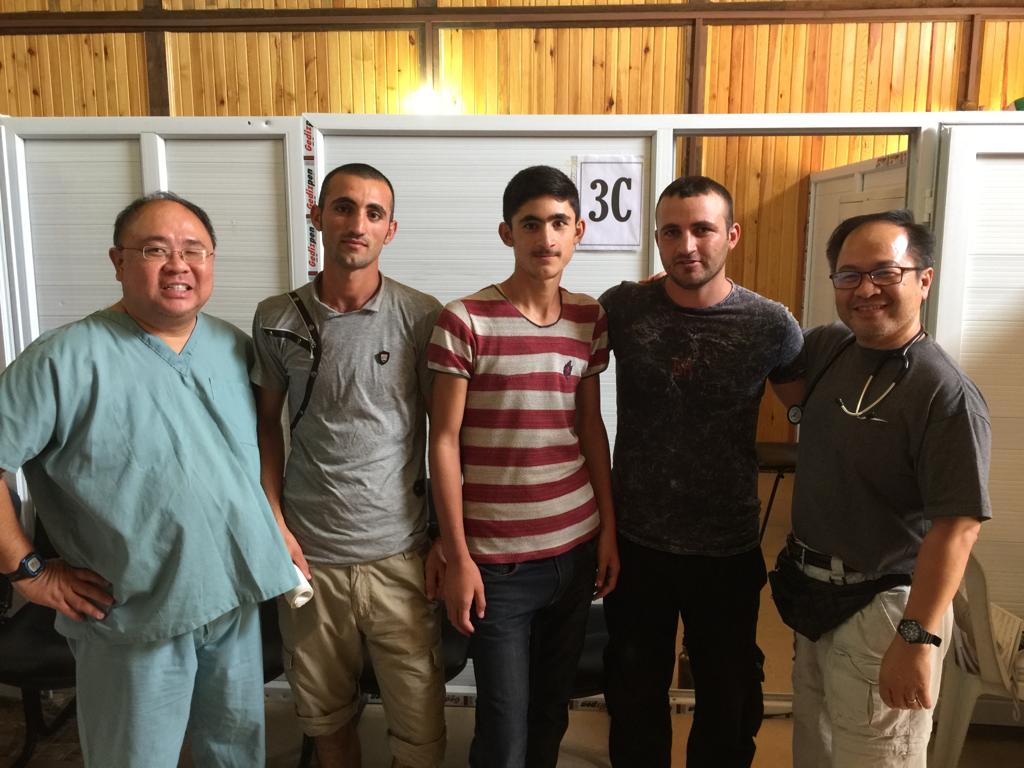
“Suffering, for most people, is just something they read. But when you sit down with a refugee and understand his or her story, its life-transforming,” says Willy Tan (left), founder of Habibi International, pictured here on one of his earlier trips to the Yazidi refugee camps. Photo courtesy of Willy Tan.
According to statistics by the UN, members of ISIL executed 5,000 men and captured some 7,000 women and girls as wives and sex slaves in their campaign to forcefully convert the Yazidis.
As Willy worked in the refugee camp with his Chinese-American peers and colleagues, who were mainly from Taiwan, Hong Kong and China, he found himself desiring to see more Singaporeans coming to share in the work too.
Bridging people
On June 19, Willy’s prayer was answered with the launch of Habibi Singapore, the first affiliate office of Habibi International, a non-profit organisation he co-founded in 2017 that serves refugees in the Middle East.
For Willy, who has long dreamt of mobilising Singapore churches to the Middle East, this is a significant milestone as it will make refugee work, which often seems so distant, more accessible to Singaporeans.
“The richer we are, the more we are called upon to share our resources.”
“It’s so easy for us to serve the refugees from a distance. In most people’s minds, refugees are just numbers and images you see on TV or on your laptop … But I’m a strong proponent of building real relationships with refugees, getting our hands dirty, living in close proximity to them, doing life with them,” Willy told Salt&Light.
Having a base here will make it easier for more Singaporeans to be sent out into the field, backed by the support of their churches. Additionally, having local leaders will also help to raise awareness on how the body of Christ here can be a part of the work.
Calling Singapore an Antioch of Asia, Willy noted that while Singapore has been sending workers out into various regions in Asia, there has been “little focus” in the Middle East – something he hopes will now change with the launch of Habibi Singapore.
As a wealthy and resource-rich country, Singapore has the ability to serve in numerous capacities, said Willy.
“We have all sorts of specialists, from medical to education. You name it, we have it. I really believe there is a place for these professionals in the field,” he said, adding that demonstrating God’s love involves meeting the physical, emotional and mental needs of others.
“The richer we are, the more we are called upon to share our resources,” he said.
He added there is also an added advantage that Singaporeans, as Asians, can bring to the table culturally.
“We don’t carry the baggage of the colonial past, of the recent past, and that’s why we’re welcome. We’re more culturally sensitive because we understand their tribal and family structure much better. I strongly believe that there’s a place for us in the Middle East and the Lord will do his work through us,” he said.
Come and see
Already he has seen evidence that the Church in Singapore is catching on to the vision of serving refugees in the Middle East.
“What I’ve discovered to my pleasant surprise, and I thank God for that every day, is that God has raised up a whole new community of mission-minded people, mostly younger folks so far, 40 and under, who are eager to make a difference in the world,” said Willy.
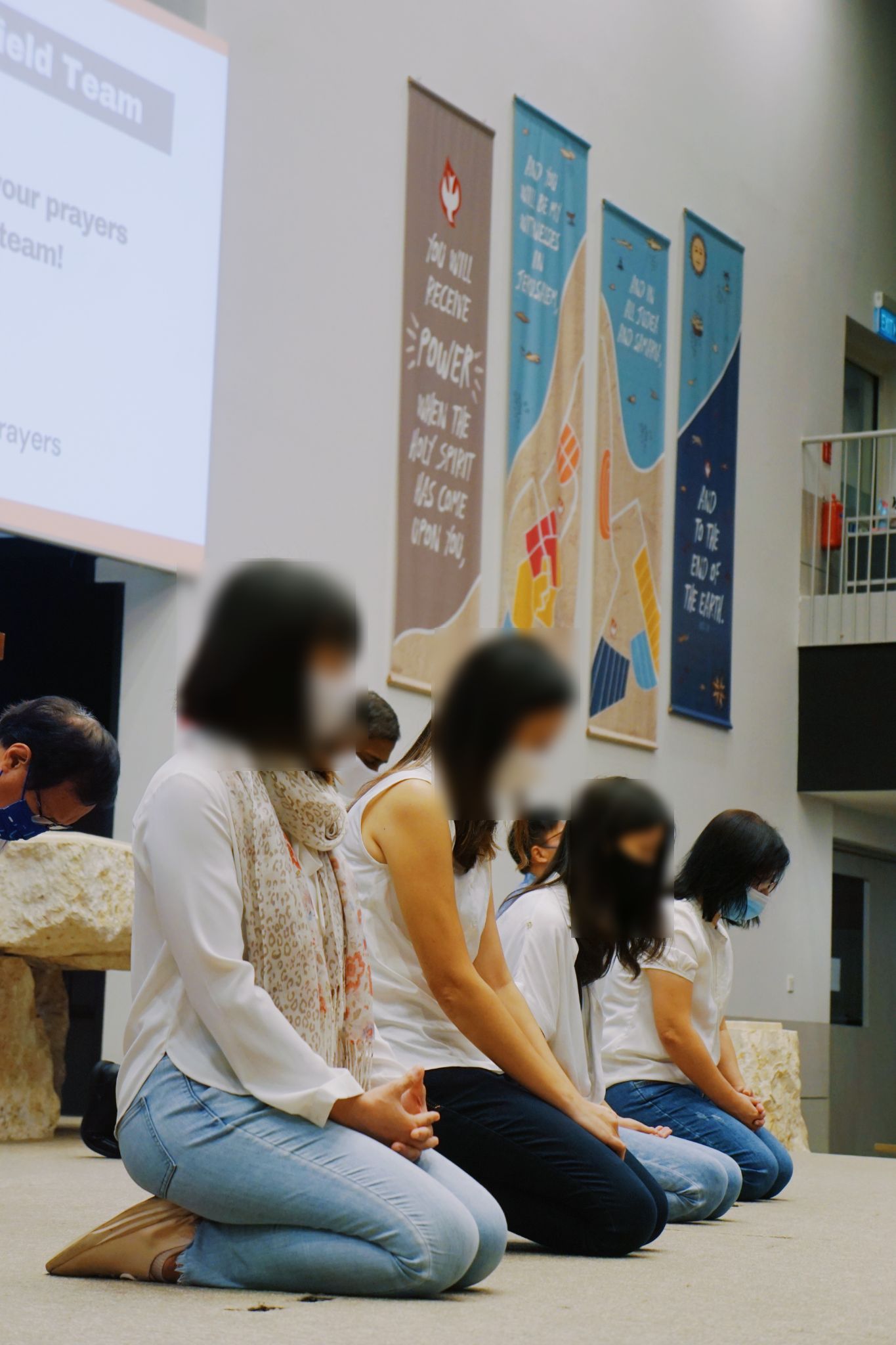
Habibi Singapore will send out four women into the field in the coming months. Faces have been blurred to protect their identities due to the sensitive nature of their work.
One of them is 33-year-old Heidi Tan, who is one of the first four Singaporeans that Habibi Singapore will officially be sending out into the field in the coming months.
Heidi told Salt&Light that she responded to the call to serve full-time after spending some six months in Iraq last year.
As she saw the situation of the refugees and heard their stories, she decided that she had to do something for them, many of whom she has come to regard as friends.
“I met a lot of young refugees, young IDPs (internally displaced people) who were very keen, very excited that they were being engaged. They had a lot of ideas. That was quite exciting to me, to see what they wanted to do and journeying with them on that,” said Heidi, who resigned from her job in the civil service last year.
She will be in the field for at least a year overseeing operations and coordinating medical, dental and educational projects, she told Salt&Light.
Pointing to John 1:39, where Jesus answers the disciples’ question with “Come, and you will see”, Heidi said: “The call is always to come and see. And when you’ve seen, you cannot help but ask others to come and see what He is doing and where He is. And He’s with the poor, the widow, the orphan and the sojourners.”
Being a courageous Church
Chua Chiew Lian, executive director of Habibi Singapore, is looking forward to raising awareness of the needs of refugees and internally displaced people in churches, as well as establishing robust processes for the mobilisation, preparation and care for both short- and long-term workers.
“Will we have enough courage to venture out … to go to the ends of the earth, where nobody wants to go?”
“I hope more Singaporeans will be willing to step out of comfortable and secure Singapore to serve among the refugees and internally displaced peoples,” she said, adding that she hopes Habibi Singapore will help to lay the foundation for more churches to explore refugee work.
Citing Matthew 25:30-40, Chiew Lian, who worked for about five years in the Middle East, added that in the busyness of our urban lives, it is easy to forget that it does not take a lot to show love and kindness to others, and in so doing, serve Christ.
She quoted Croatian theologian Miroslav Volf, who noted: “God’s reception of hostile humanity into divine communion is a model for how human beings should relate to the other.”
She said: “It is through such inclusiveness that refugees can find healing and wholeness again.”
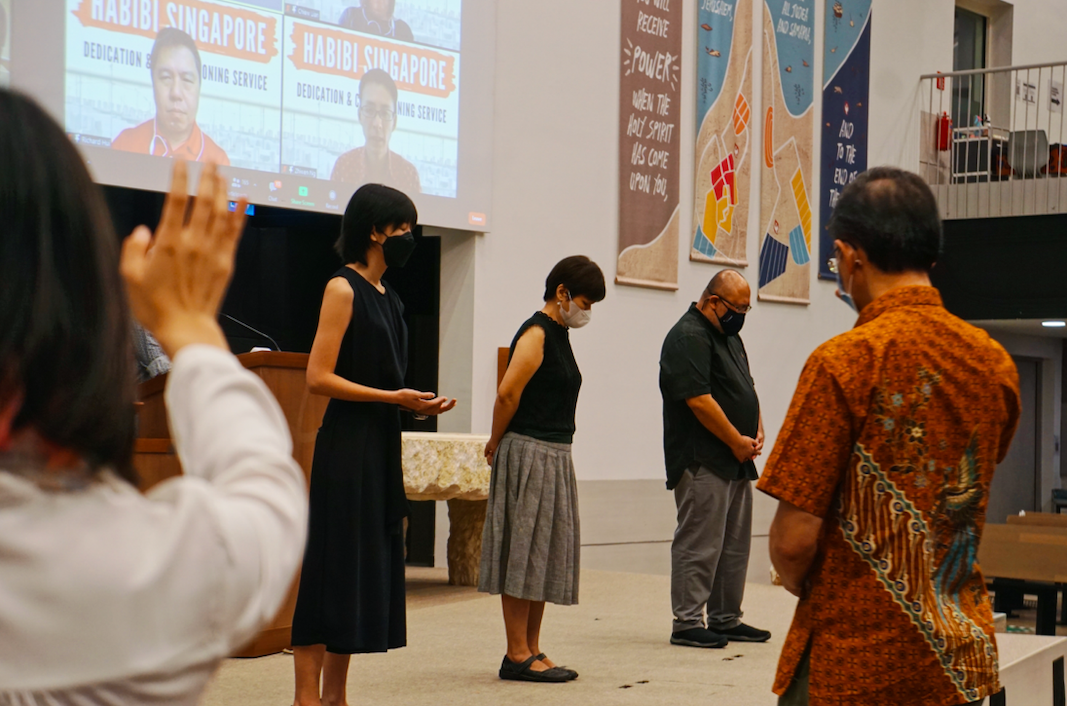
Participants at the launch of Habibi Singapore, which was held at Zion Bishan Bible-Presbyterian Church, praying for the leaders of Habibi Singapore.
When asked why Singaporeans should care about refugees, Willy said: “It’s very simple. Refugees are our neighbours. God calls us to love our neighbours. Refugees are made in the image of Christ, just like us. They are bearers of God’s image, just like us.”
He urged the Church in Singapore to rise up to be a courageous Church that is willing to do whatever it takes to serve the least and the lost.
“This is where the rubber meets the road. Will we have enough courage to venture out, to answer the call and to go to the ends of the earth, where nobody wants to go?
“We are resource-rich, we are well-equipped, well-qualified, we have good theology. We have a lot of things. But we need that one quality that is not visible, hidden somewhere within us. It’s called courage.”
To find out more about Habibi Singapore and how you can be involved, visit their website here or at www.habibi.sg.
FOR MORE STORIES ON HABIBI INTERNATIONAL, READ:
Break my heart, Lord, for what breaks yours: Refugees, missions and you
We are an independent, non-profit organisation that relies on the generosity of our readers, such as yourself, to continue serving the kingdom. Every dollar donated goes directly back into our editorial coverage.
Would you consider partnering with us in our kingdom work by supporting us financially, either as a one-off donation, or a recurring pledge?
Support Salt&Light